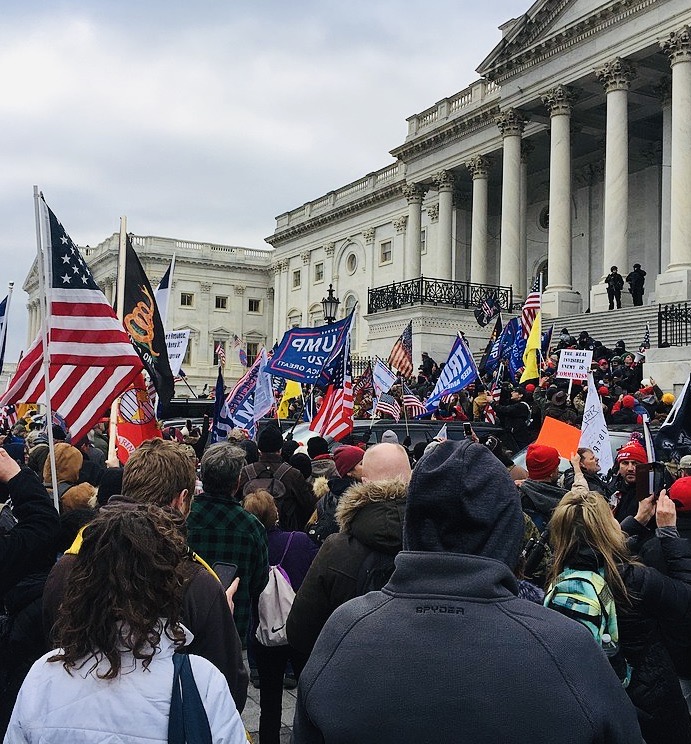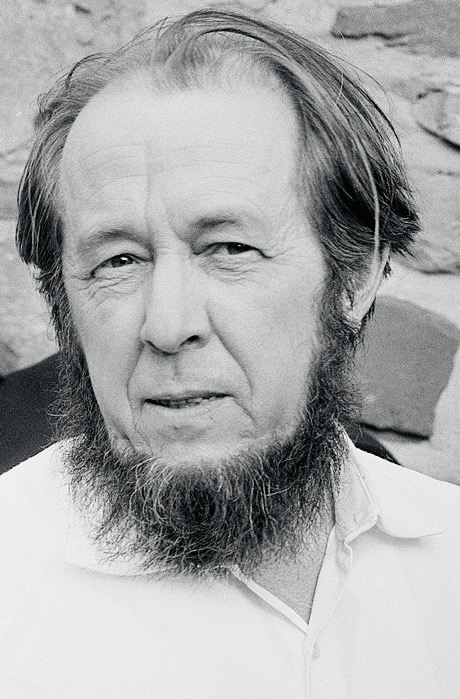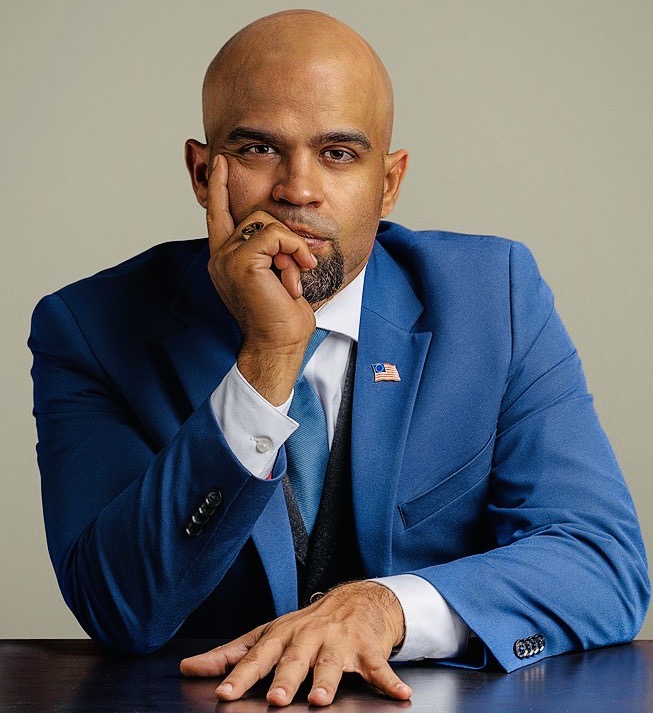Stewart Rhodes, the founder and leader of the far right-wing Oath Keepers militia, was recently sentenced to 18 years in prison for his participation in the storming of Capitol Hill in Washington, D.C. on January 6, 2021.
It was the harshest sentence handed down so far in the more than one thousand criminal cases related to that unprecedented and completely unjustifiable attack.
Rhodes, 58, was convicted in a Federal District Court of seditious conspiracy, which, as Judge Amit Mehta noted, is “among the most serious crime an individual American can commit.”
Convinced that the 2020 presidential election had been rigged and that President Donald Trump had defeated Democratic Party challenger Joe Biden, Rhodes and his acolytes attacked the U.S. Congress in a blatant and shameful attempt to subvert the democratic process.

This was a unique and eye-opening episode in the annals of American history, reminiscent of the antics of tinpot dictators in a banana republic where democracy is only skin deep. It was also symptomatic of the fact that political violence has become all but normalized among a certain class of Americans.
Prosecutors in the case agreed that a severe penalty was required to serve as a deterrent against copycats in the future. “As this court is well aware, the justice system’s reaction to January 6 bears the weighty responsibility of impacting whether January 6 becomes an outlier or a watershed moment,” the prosecutors said. “Left unchecked, this impulse threatens our democracy.”
Rhodes had been calling for an insurrection for at least a decade, and his role in the January 6 attack was emblematic of his warped thinking, one of the lead prosecutors argued.
The judge concurred with this sober assessment.
Accusing Rhodes of working to “devolve” American democracy into “violence,” Mehta said, “You, sir, present an ongoing threat and a peril to this country, to the republic and the very fabric of our democracy.”
Unrepentant, Rhodes grandly likened himself to Aleksandr Solzhenitsyn, the Soviet dissident, and claimed he was a “political prisoner” rather than a thug intent on overturning a fair and closely monitored election.

Mehta, of course, rejected Rhodes’ false comparison, pointing out that he had “prepared to take up arms and foment revolution” simply because he had bought into Trump’s self-serving, cynical lie about a “stolen” election.
“You’re not a political prisoner,” Mehta declared, swiftly disposing of the absurd notion that Rhodes was on a holy crusade to cleanse American democracy.
The lengthy jail term Rhodes received on May 25 should be a template for court hearings later this year that will determine the fate of four members of the Proud Boys, including its former leader, Enrique Tarrio, all of whom participated in the January 6 insurrection. Having already been convicted of sedition, they will be sentenced in August. If justice is to prevail, they should receive approximately the same sentence as Rhodes.

The person who egged them on, namely Donald Trump, still has not paid for his provocative, unpresidential and undemocratic behavior on January 6. Lest it be forgotten, he urged his followers, some of whom happened to be white supremacists and neo-Nazis, to march on Capitol Hill on that fateful day.
Instead of facing the music, Trump is running for reelection as president. This, surely, is a mournful and devastating commentary on the state of political culture in the United States today.

